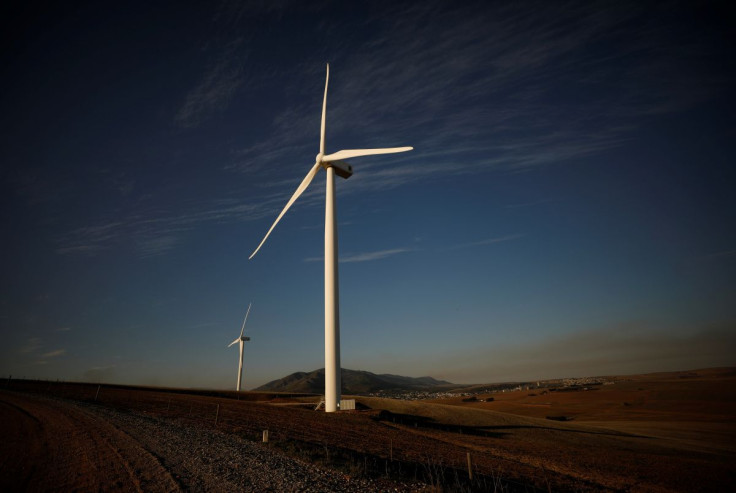Energy Execs Say Industry Must Push Harder On Near-term Transition Projects

Energy company officials at an industry conference on Wednesday urged shorter-term solutions such as efficiency and conservation as the world transitions to more renewable energy, saying companies must scramble to meet climate targets set for 2030.
Global energy supplies have tightened and fuel costs have skyrocketed since Russia's Feb. 24 invasion of Ukraine, shifting the industry's focus toward supplying current energy demand. Europe is scrambling for natural gas supply, while large consuming nations are ramping up coal production for power generation, which would increase greenhouse gas emissions.
Enel CEO Francesco Starace said the fallout from Russia's invasion forced Europe to look for natural gas from other sources, but the focus on increasing fossil fuel supply to the region was just temporary.
"This is just a surviving tool to get out of this period of inflation," Starace said at the Reuters Global Energy Transition 2022 conference in New York City.
Longer-term, the Ukraine crisis would help boost Europe's transition away from fossil fuels by demonstrating how dangerous it can be to rely on unreliable foreign supply. The Italian utility has decided to search for a buyer for its assets in Russia, Starace said.
"The real trend, as a consequence of the crisis in Ukraine, is we will see an acceleration in the renewable energy space," he said, pointing out renewable sources like wind and solar can be tapped domestically in European countries and abroad.
Global CO2 emissions rose to their highest level in history in 2021, according to the International Energy Agency, as economic growth rebounded from the depths of the pandemic and coal-fired generation surged. That will continue unless countries like the United States work on helping some nations shift to natural gas.
"Right now between India and China alone there is a plan to build close to 600 coal plants. They will operate for three and four decades; they will devastate the atmosphere's carbon budget," said Ralph Izzo, chief executive of U.S. utility Public Service Enterprise Group, on the sidelines of the conference. "We can help mitigate that by having them switch from coal to natural gas."
The industry is not doing enough to help reduce carbon emissions for the current decade, instead prioritizing solutions for after 2030, said Guillaume Le Gouic, senior vice president of power systems for Schneider Electric.
In the mining industry, some expect there to be a supply crunch in the late 2020s, as late adopters of lower-carbon solutions hurry to execute on renewable projects, said Keith Russell, a director of consultancy Partners In Performance. Too many projects are being left for later, Russell said.
Companies must tolerate some risk and failure when investing in renewable energy projects, as not all will make it to market, said Allyson Anderson Book, vice president for the energy transition at Baker Hughes.
"Not everything is going to win," she said.
© Copyright Thomson Reuters 2024. All rights reserved.







